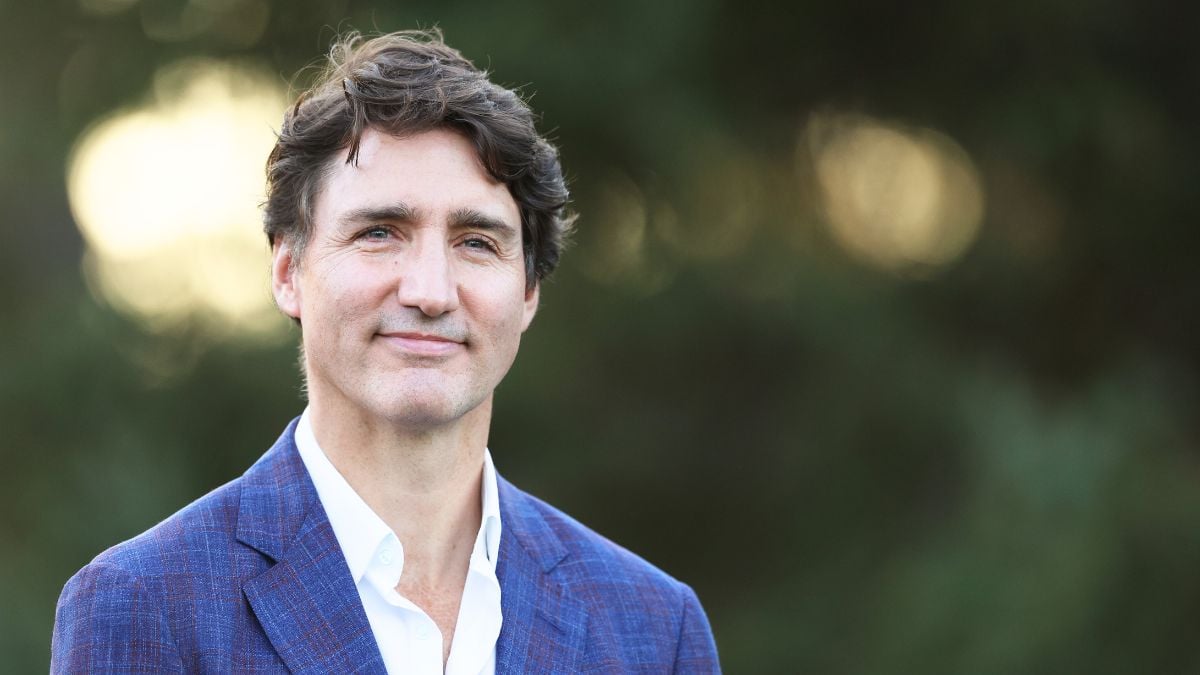Americans are often guilty of thinking the world revolves around the U.S., but when it comes to politics we are in no way unique. Things may look particularly grim state-side, but politics are an absolute mess across the globe.
Even in areas typically free from political drama things are ramping up, as the Trump effect (paired with a floundering economy and shifting social norms) impacts governments the world around. Canada is presently at the front of the messy pack, as Canadian Prime Minister Justin Trudeau eyes down a potential end to his political career.
The 53-year-old has been steering the ship up north for nearly a decade now, but after years of pushback and political drama, his time in power may be over. Rampant criticism from various camps — not to mention internal turmoil — has thrown Trudeau’s future into question, and led to widespread rumors of a looming resignation.
Is Justin Trudeau resigning as Prime Minister?
Rumors of a impending resignation began swirling around Trudeau months before he actually considered the action, but by January 2025 they were boiling over. Claims that his resignation was on the horizon ran rampant online, and were soon proven true by Trudeau himself.
The prime minister announced, on Jan. 6, that he would resign from his position as Liberal Party leader and prime minister once a new party leader is established. Speaking from Rideau Cottage in Ottawa, Trudeau informed the masses that he intends “to resign as party leader, as prime minister, after the party selects its next leader through a robust, nationwide, competitive process.”
That means Trudeau will remain in his position as prime minister until March 24, at which point he’ll be replaced by a fresh party leader.
Why is Justin Trudeau resigning?
No politician is universally liked, but Trudeau’s popularity — along with the Liberal Party as a whole — has been on a gradual decline for years. The prime minister was facing an ever-mounting wave of crises, from Donald Trump’s repeated threats to absorb the entire country into the United States, to numerous resignations of key allies, and he ultimately decided that his time in the position had come to an end.
Its the resignations, paired with damning opinion polls, that really doomed Trudeau, however. Several shocking resignations — including that of Deputy Prime Minister and Finance Minister Chrystia Freeland — preceded his decision to step down, and (despite his lingering popularity among a portion of Canadian citizens) it was broadly seen as the right decision. Now Canada has a few months to get its feet under it before selecting a new leader — hopefully one that can both tolerate and put an end to those Trumpian scare tactics.
In comments addressing his decision to step down, Trudeau did push back on opposition party leader Pierre Poilievre, who’s vision for the country, according to Trudeau, “doesn’t make sense.”
“His vision for this country is not the right one for Canadians. Stopping the fight against climate change doesn’t make sense,” Trudeau told reporters in Ottawa. “We need an ambitious, optimistic view of the future. And Pierre Poilievre is not offering that.”
